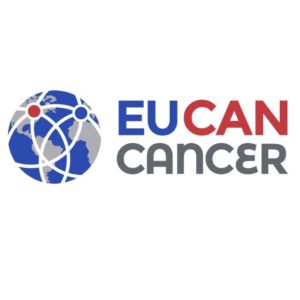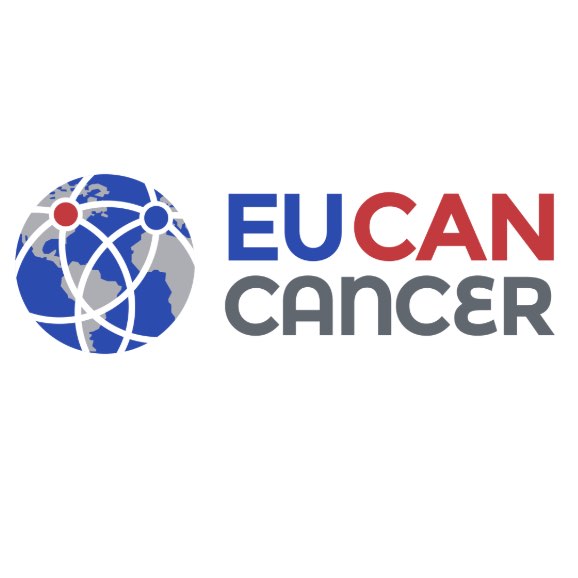 Today the Barcelona Supercomputing Center announced it will foster the EUCANCan project to allow both research and cancer treatments to be shared and re-used by the worldwide scientific community. As demonstrated by earlier work, research that merges and reanalyzes biomedical data from different studies significantly increases the chances of new discoveries.
Today the Barcelona Supercomputing Center announced it will foster the EUCANCan project to allow both research and cancer treatments to be shared and re-used by the worldwide scientific community. As demonstrated by earlier work, research that merges and reanalyzes biomedical data from different studies significantly increases the chances of new discoveries.
The volume of genomic data related to cancer has grown in an exponential way during the last years, but it has done so in an uncontrolled way. The different methods with which each center generates, classifies and storages its data are the main bottleneck that researchers face when they need to extract knowledge from this huge volume of information. Very few research groups have the capacity to homogenize data coming from different studies to be able to group and revise them, and in so doing reaching new results. This causes that, in practical terms, massive data accumulation is not resulting in more possibilities to make new discoveries.
The target of EUCANCan is to break with these dynamics by homogenizing and standardizing the cancer data base of the centers that participate in this project, and establishing methods and processes that allow a more efficient use of data and that could be used as a reference model in genomic medicine internationally.
During the four years of the project, it is expected that EUCANCan will process and provide the scientific community with around 30-35 thousand patient samples from different types of cancer, coming from different nodes involved in this project. Standardizing procedures and formats will let a combined data analysis to extract all the possible information and will boost, among others, the discovery of new biomarkers.
Increasing the analysis of data volume lets us see more clearly the genetic architecture of diseases and exponentially increases the possibility of making new discoveries”, according to David Torrents, ICREA researcher, leader of the Computational Genomics Group of the Barcelona Supercomputing Center and coordinator of the EUCANCan project.
BSC has been able to determine the great opportunities that the massive re-use of data can provide. A clear example is the reanalysing of genetic data coming from five public data bases that allowed the identification of new genetic markers for type 2 diabetes risk, as shown in this Nature Communications article. In addition, the center has the capacity of computing and data management that make it an optimal place to carry out this type of project.
The EUCANCan project will be carried out by a consortium with the participation of some of the world reference institutions of biomedicine genomics, including research centers, hospitals and experts on Law of Spain, France, Germany, The Netherlands and Canada.
This oncological genomic initiative is a technical framework within which to lay the groundwork for a global Personalized Medicine and has been chosen as of the driving projects of the Global Alliance for Genomics and Health. The kick-off meeting forthe project will be held in Barcelona on February 11.




